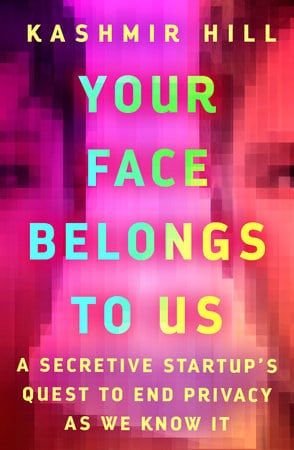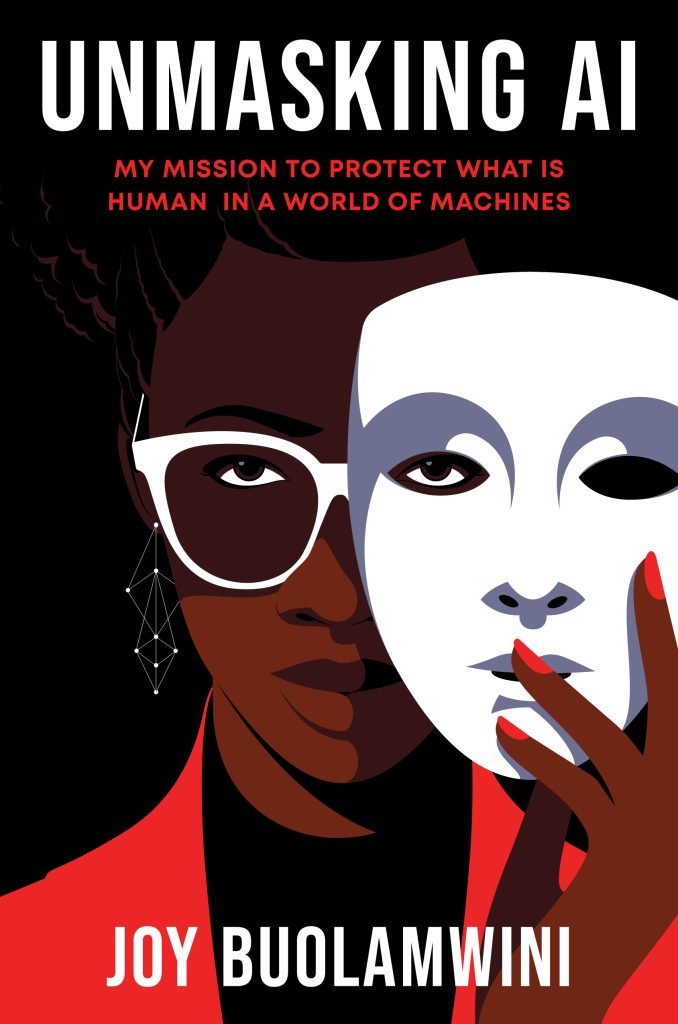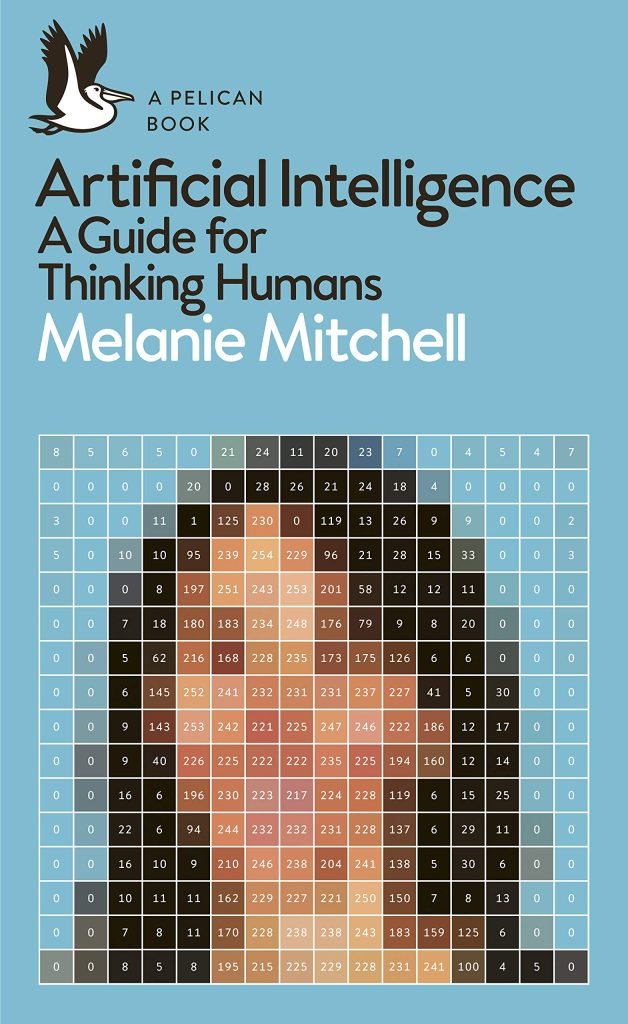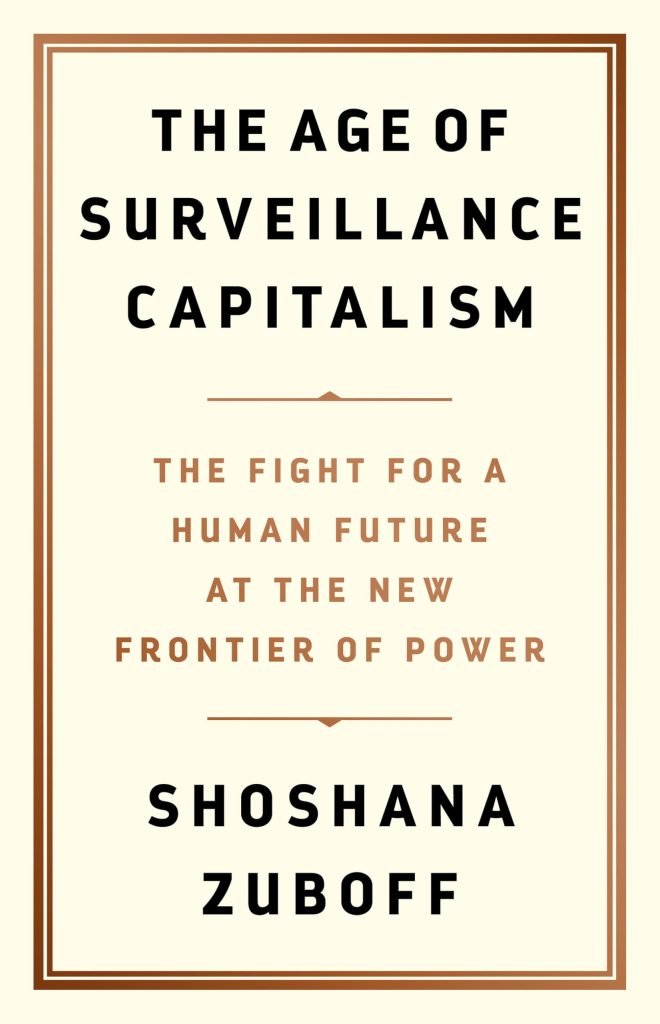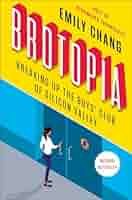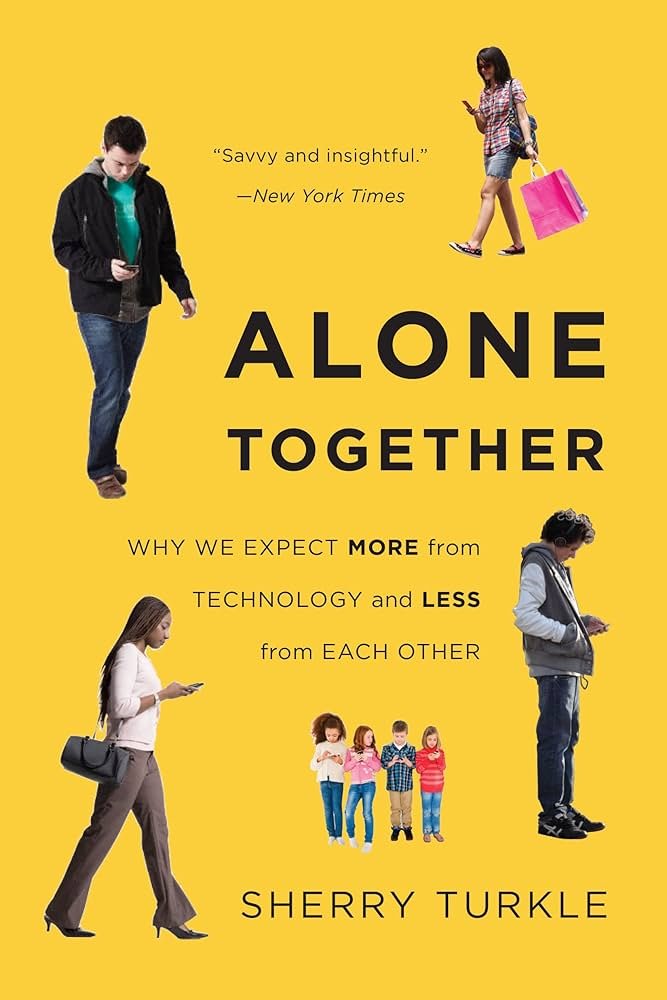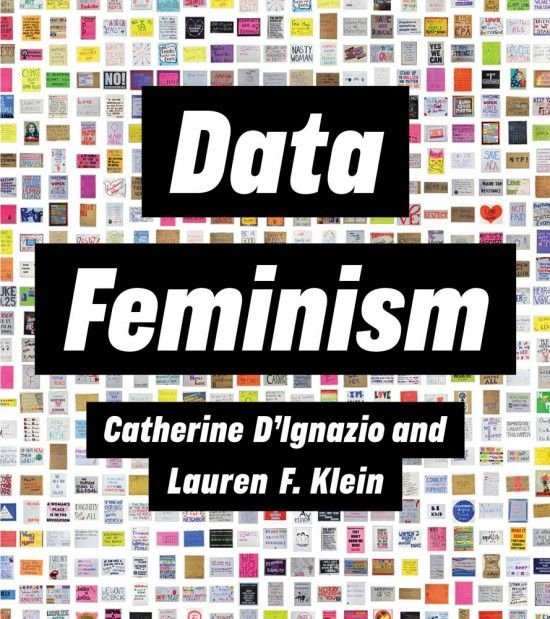In honor of Women’s History Month (and spring cleaning!), I am dusting off my bookshelves and revisiting some of the most thought-provoking books written by women on AI, technology, and digital justice. These books tackle the ways technology and data shape our world—often in ways we don’t realize—and why we need more diverse voices influencing the future of tech and developing policies. Whether you’re looking to understand AI bias, digital surveillance, or the power structures behind today’s biggest tech companies, these books will challenge, inform, and inspire.
Here are my top recommendations:
1. Your Face Belongs to Us – Kashmir Hill
Summary: This gripping investigative book uncovers the story of Clearview AI, a controversial company that built a facial recognition tool capable of identifying almost anyone from a single photo. Working as New York Times tech reporter, Hill exposes how this technology was quietly sold to law enforcement, private entities, and authoritarian regimes—often without consent, oversight, or accountability.
Why Read It? If you want to understand the dark side of facial recognition technology and how a single company has reshaped privacy as we know it, this book is a must-read. It’s a chilling reminder of what happens when AI is deployed without ethical safeguards.
Bonus: Watch this conversation between Kashmir Hill and Casey Newton on Clearview AI, Facial Recognition Technology, and Threats to Our Privacy.
2. Unmasking AI – Joy Buolamwini
Summary: Written by the founder of the Algorithmic Justice League, this book explores how facial recognition technology perpetuates racial and gender bias. Buolamwini shares her personal journey of discovering and fighting against these biases, and the stories of everyday people experiencing technical harms.
Why Read It? This book sheds light on the threat AI poses to civil rights and democracy. It’s a powerful call to action for anyone who cares about ethical AI and the fight against algorithmic discrimination.
Bonus: Watch the documentary Coded Bias – exploring racial prejudices in facial recognition software as narrated by Buolamwini.
3. Artificial Intelligence: A Guide for Thinking Humans – Melanie Mitchell
Summary: Mitchell, a computer scientist and a professor, breaks down complex AI concepts into an engaging and approachable read. She explores what AI can and cannot do, offering a balanced perspective on the technology’s limitations.
Why Read It? If you’re curious about AI but don’t want the hype or the fear-mongering, this book offers a clear, intelligent guide without needing a technical background.
Bonus: Watch the Munk Debate on AI, featuring Mitchell and Yann LeCun arguing against Yoshua Bengio and Max Tegmark.
4. Invisible Women: Data Bias in a World Designed for Men – Caroline Criado-Perez
Summary: Criado-Perez exposes the gender data gap—how women’s experiences, needs, and contributions are often ignored in everything from medical research to urban planning. Simply put, men in power made decisions based on what they know and experience, without considering or involving women.
Why Read It? This book will change how you see the world and make you question every system that claims to be “neutral.”
Bonus: Watch Criado-Perez present on 5 x 15 Stories
5. The Age of Surveillance Capitalism – Shoshana Zuboff
Summary: A deep dive into how big tech companies profit from our personal data, this book exposes the dark side of data collection and surveillance capitalism.
Why Read It? If you want to understand how tech giants like Google and Facebook have turned personal data into one of the most valuable commodities in the world, this is a must-read.
Bonus: Listen to the interview by Kara Swisher on the Recode Decode podcast
6. Automating Inequality: How High-Tech Tools Profile, Police, and Punish the Poor – Virginia Eubanks
Summary: Eubanks investigates how automated decision-making systems disproportionately harm marginalized communities—denying people access to welfare, housing, and healthcare. The book is full of hallowing stories on how technologies are often used to discriminate, discipline, and punish the poor in the US.
Why Read It? This book is a wake-up call about how automation, often framed as “efficient,” can reinforce existing inequalities and make inhumane choices.
Bonus: Watch Eubanks discusses her book in this episode of The Open Mind by CUNY TV.
7. Brotopia: Breaking Up the Boys Club of Silicon Valley – Emily Chang
Summary: A scathing exposé on Silicon Valley’s toxic bro culture and how it has shaped the tech industry in ways that exclude women. Chang chases and explores the roots causes and growing branches of sexism while providing solutions for stopping these exploitations.
Why Read It? If you want to understand why the tech world remains a boys’ club—and what needs to change. It is well-researched and well-considered.
Bonus: Watch Chang discuss about her book one year later at the Commonwealth Club World Affairs event.
8. Alone Together – Sherry Turkle
Summary: Turkle explores how digital technology is reshaping human relationships, making us more connected yet increasingly lonely.
Why Read It? It’s a profound reflection on how technology affects human connection and why we should be mindful of our digital interactions.
Bonus: Watch this TEDx Talks by Turkle based on her book.
9. Race After Technology – Ruha Benjamin
Summary: Benjamin examines how technology is often used to reinforce racial inequalities, rather than eliminate them.
Why Read It? It’s a must-read for understanding the intersection of race, technology, and social justice.
Bonus: Watch Trevor Noah Podcast featuring Benjamin on this episode: RIP…DEI with Ruha Benjamin | What Now?
10. Data Feminism – Catherine D’Ignazio & Lauren F. Klein
Summary: This book argues for an intersectional feminist approach to data science—one that prioritizes equity, inclusivity, and justice.
Why Read It? If you want to rethink how data is collected, analyzed, and used, this book provides a powerful framework.
Bonus: Read this paper Feminist Data Visualization on how feminist theory may be applied to information visualization research and practice.

